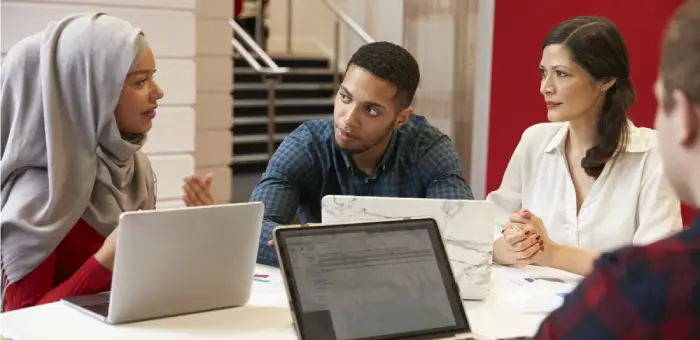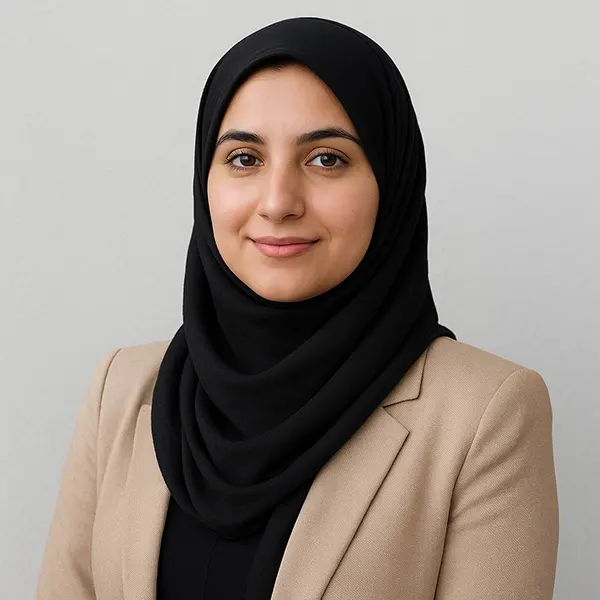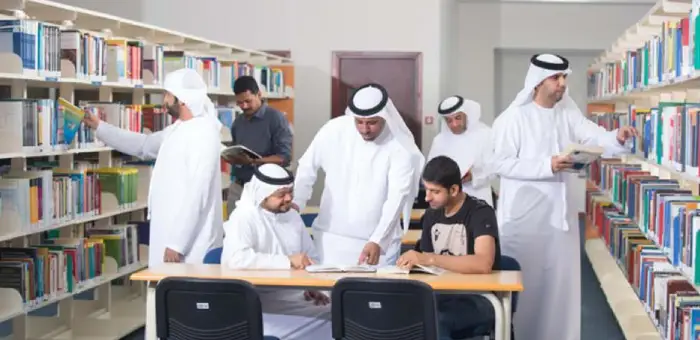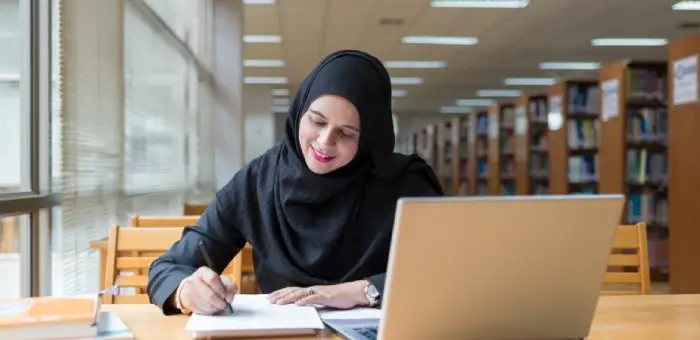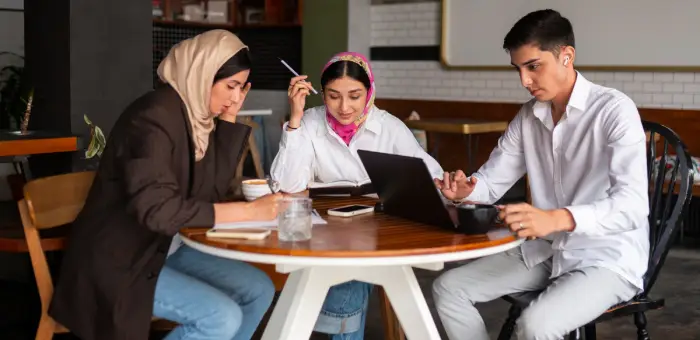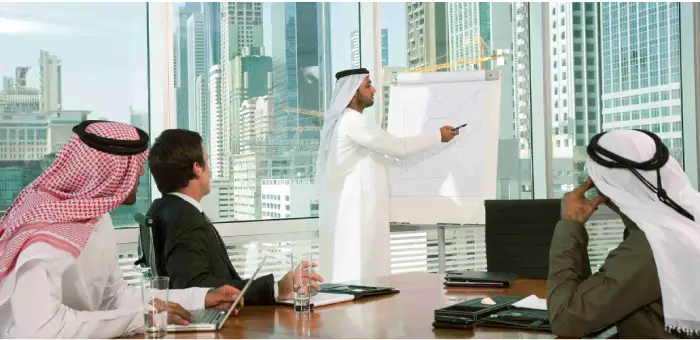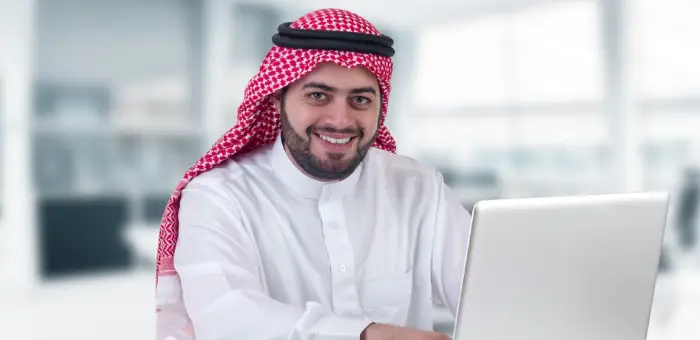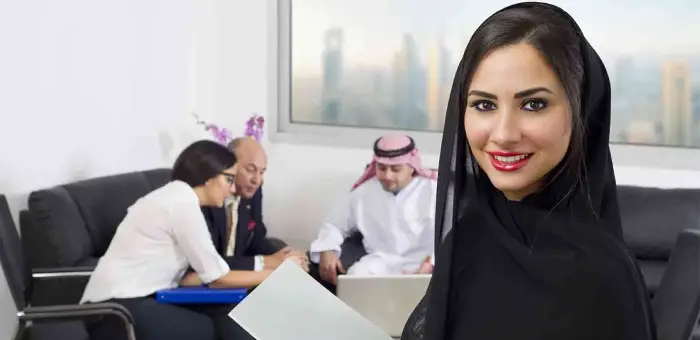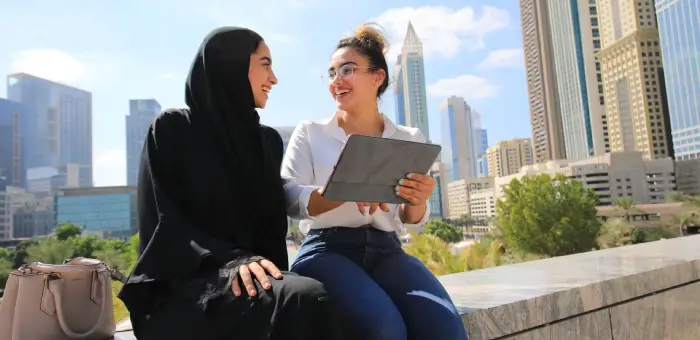You might be aware of the fact that the UAE is recognized as one of the most diverse nations in the world, where people of 200 different nationalities reside, work, and also seek education.
From Dubai’s international schools to Abu Dhabi’s universities, education in the UAE emphasizes the global melting of the various cultures.
In such a diverse and interconnected setting, multicultural education comes into play. Moreover, it’s not just a choice but a necessity in today’s world.
Moreover, now you might be wondering how adopting multiculturalism in the classroom is beneficial for students from different backgrounds. Then, let me tell you it assists students to succeed in a globalized world, it develops tolerance, and also promotes the UAE’s vision of inclusivity.
In this blog, we will explore the importance of multicultural education in the UAE and how it is significant in today’s globalized world.
Promoting Peace and Cultural Awareness:
In a world where many conflicts arise due to cultural misunderstandings, multicultural education in the UAE offers a different perspective. Moreover, multiculturalism in school encourages respect and peace, which leads to understanding and cultural awareness.
The students who are a part of such multicultural education never retain prejudice, but are most likely to promote cooperation and cross-cultural sensitivity.
Moreover, when students learn and understand different cultures and traditions, they develop a sense of appreciation for the diversity existing around the world. Mainly, it leads to the elimination of bias and stereotypes.
A Mirror of the UAE’s Diversity:
Everyone around the world knows that the UAE’s population mostly comprises expatriates. It means the classrooms of the UAE schools and universities are filled with students from across the globe, i.e, Asia, Africa, Europe, etc. In such a classroom setting, each student brings a unique idea, tradition, and language.
The multiculturalism in the UAE embraces such differences. It allows the students to be proud of their own cultures and to teach other students about their cultures.
The students of the UAE make friends of diverse cultures, and this helps them to understand the world more widely.
Prepares Students for a Global Future:
Today, we have an interconnected world. Businesses, governments, and communities are linked across the world.
In such a world, students should have the ability to communicate and share ideas with people around the globe.
Moreover, the students of the UAE who grew up in multicultural education have this skill. They have the knowledge and skills to thrive in diverse settings. Due to multicultural education, they learn to be global citizens. And to become better in their academics they get assistance or get their tasks done from any Assignment Writing Services UAE to save time and focus more on planning for better future.
They learn to adapt to new situations, respect differences, and share ideas. For example, UAE schools celebrate diverse festivals like Eid, Diwali, and Christmas. This develops a sense of acceptance and tolerance in students for all customs and traditions.
Improved Communication and Language Skills:
The UAE is a multilingual society. Most of the schools provide English medium instruction as it serves as the global lingua franca. But students also hear many different languages in the class daily, like Arabic, Urdu, etc.
This is beneficial for students as learning in a multilingual classroom enhances the language proficiency of the students, opening doors for better future opportunities, improving communication skills, and leading to cultural awareness.
The other benefits of multicultural education are that it leads to enhanced cognitive skills, like problem-solving and creativity.
Boosting Critical Thinking and Creativity:
A multicultural classroom boosts critical thinking in students as they are surrounded by different perspectives around them and think critically about each viewpoint.
Due to the exposure to various cultures, they question every information, which leads to an improved understanding of the complex issues. This is why they are also able to find better solutions. Also, research shows that diversity makes people creative.
To state it briefly, multicultural classrooms play a role in developing analytical thinking, critical thinking, and creativity in students.
Promoting Tolerance, Empathy, and Respect:
When UAE students engage with students belonging to different cultures, they develop empathy in them as they understand the challenges they have to face in the world.
Also, schools and universities teach students to respect other religions and customs. Moreover, they become open-minded and have no judgment of others. This leads to stronger and peaceful communities.
In the UAE, where people belonging to different backgrounds live, multicultural education is the way to harmony.
Building Social and Emotional Skills Essential for Diverse Workplaces:
Multicultural education is not just about academics, but it also teaches emotional intelligence.
Moreover, in the inclusive environment of UAE schools, every student feels valued, their self-esteem grows, and it eliminates the feeling of isolation in the students.
Therefore, students have stronger emotional and social skills as they feel accepted. Then, they can maintain healthy relationships with other students and teachers.
People who are brought up in such an environment are more patient, cooperative, and skilled at problem-solving. This is especially useful in diverse workplaces.
Supporting the UAE’s Vision:
The UAE's vision highlights innovation and inclusivity, and multicultural education is a way to achieve this vision.
In a classroom where students from diverse backgrounds come together, the UAE is building a strong and globalized generation. Such students will have the spirit of tolerance and open-mindedness.
Creating Inclusive Classrooms:
In the UAE classroom, each student feels valued. Multicultural education fosters this by providing equal opportunity to all voices, no matter the background.
Moreover, teachers also use different methods to teach diverse groups of students. So, each student feels respected, and they feel fairness and justice.
Final thoughts
The UAE is a perfect example of how diversity is not a weakness but a strength. Moreover, multicultural education ensures that students not only excel academically but also learn values of respect, tolerance, and global understanding.
This type of education leads the young generation to become the leaders of tomorrow who are creative, empathetic, tolerant, and can face many global challenges.
By working so hard for such a multicultural environment, the UAE is holding onto its message of peace and inclusivity.
